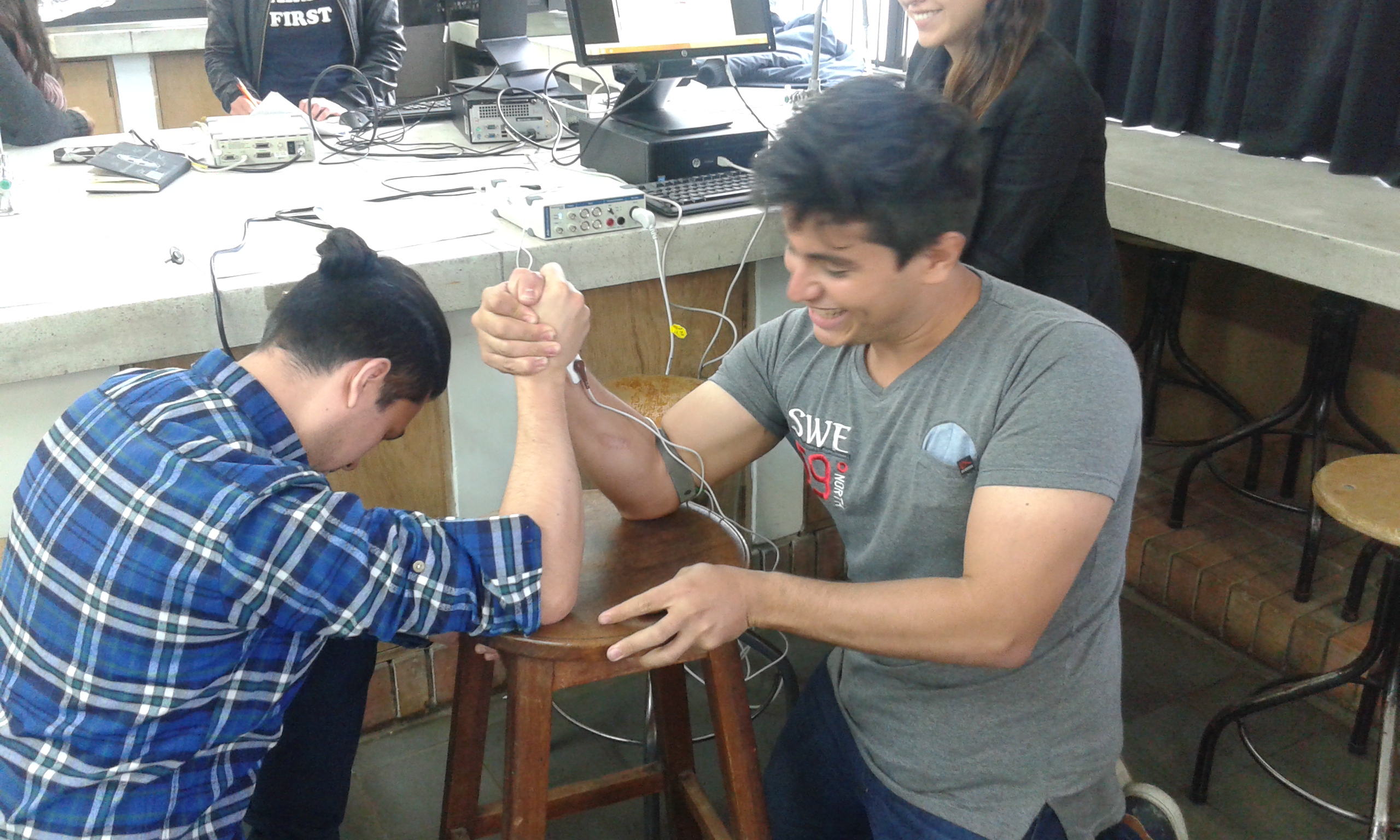Implementation of POGIL (Process Oriented Guided Inquiry Learning) in Physiology Lab Practice in Veterinary Medicine
Main Article Content
Abstract
POGIL pedagogy (Process Oriented Guided Inquiry Learning) was implemented in the practical laboratories of physiology aimed at students of Veterinary Medicine at the National University of Colombia. The objective was to explore an educational alternative based on constructivism different from the traditional methodology composed of "step by step" instructions. As tools to explore this implementation, a thought test was used to assess the critical thinking skills in students, a meta-cognition format to evaluate group work, a structured survey to explore the contribution of POGIL in various academic skills and a “Learning reflection” format to visualize the strengths and weaknesses in theoretical and practical aspects of the laboratories in Physiology. In conclusion, for the students, POGIL promotes memorization and understanding of concepts in Physiology, provides academic strengths, promotes mastery skills in instrumentation in physiology, however, no satisfactory contribution was reflected in the performance of group work in this study.
Article Details
Section

This work is licensed under a Creative Commons Attribution-NonCommercial-ShareAlike 4.0 International License.
Aquellos autores/as que tengan publicaciones con esta revista, aceptan los términos siguientes:- Los autores/as conservarán sus derechos de autor y garantizarán a la revista el derecho de primera publicación de su obra, el cuál estará simultáneamente sujeto a la Licencia de reconocimiento de Creative Commons que no se permite un uso comercial de la obra original ni de las posibles obras derivadas, la distribución de las cuales se debe hacer con una licencia igual a la que regula la obra original.
- Los autores/as podrán adoptar otros acuerdos de licencia no exclusiva de distribución de la versión de la obra publicada (p. ej.: depositarla en un archivo telemático institucional o publicarla en un volumen monográfico) siempre que se indique la publicación inicial en esta revista.
- Se recomienda a los autores/as difundir su obra a través de Internet (p. ej.: en archivos telemáticos institucionales o en su página web) después del proceso de publicación, lo cual puede producir intercambios interesantes y aumentar las citas de la obra publicada. (Véase El efecto del acceso abierto).
How to Cite
References
Ahrash, N. y Lemons, P. (2006). A New Method For Assessing Critical Thinking In The Classroom, Bioscience, 56(1), 66 – 77.
Brown, S. (2010). Process-Oriented Guided Inquiry Approach to Teaching Medicinal Chemistry. American Journal of Pharmaceutical Education, 74(7), 121
Casotti, G., Rieser, D. y Knabb, M. (2008). Successful implementation of inquiry-based physiology laboratories in undergraduate major and nonmajor courses. Advances in Physiology Education, 32, 286–296.
Hanson, D. (2006). Instructor’s Guide to Process-Oriented Guided-Inquiry Learning. New York: Pacific Crest
Lamba, R., y Creegan, F. (2008). The process-oriented guided inquirí (discovery) laboratory. ACS Symposium Series, 994, 186-199.
Moog, R., Creegan, F., Hanson, D., Spencer, J. y Straumanis, A. (2006). Process-oriented guided inquiry learning: POGIL and the POGIL Project. Metropolitan Universities, 17, 41–51.
Richard, W., Gregory, A., Schmidt, J., Lawrence, D., Sanjeev, G. y Paul, T. (1994). Cardiovascular Physiology Teaching: Computer Simulations vs. Animal Demonstrations, Advances in Physiology Education, 266, S36-46
Soltis, R., Verlinden, N., Kruger, N., Carroll, A. y Trumbo, T. (2015). Process-Oriented Guided Inquiry Learning Strategy Enhances Students’ Higher Level Thinking Skills In A Pharmaceutical Sciences Course. American Journal Of Pharmaceutical Education, 79(1), 1-8.

